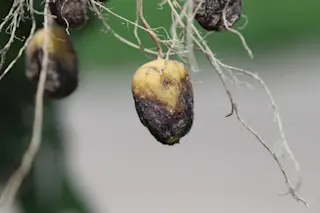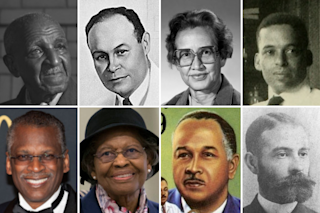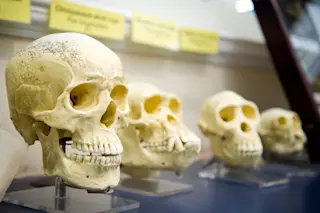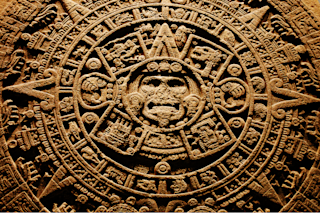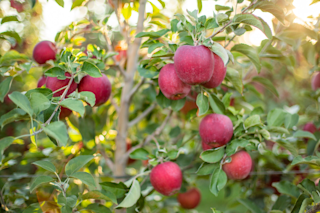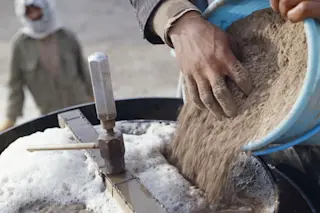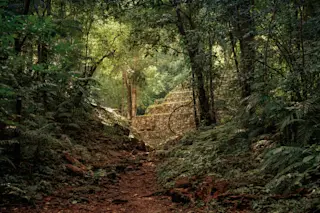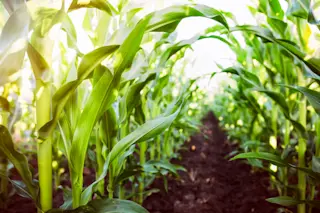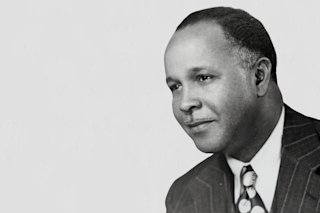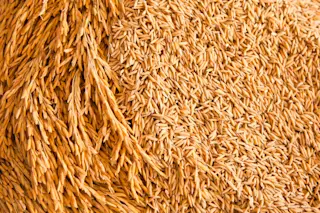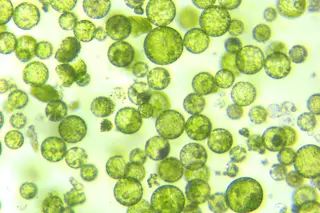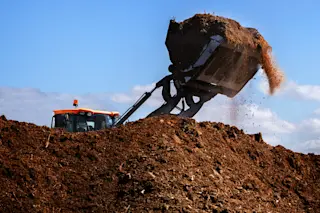For more than a hundred years, the United States government has paired university scientists with local farmers to study how best to feed the world. These extension programs helped to more than double agricultural production in the U.S. between 1948 and 2001 by sharing knowledge between farmers and university researchers. These extension programs—which bring knowledge gained through research to agriculture and knowledge gained through practice to education—helped to more than double agricultural productionin the U.S. between 1948 and 2011. Unfortunately, while issues like climate change, burgeoning populations of invasive species, and population growth increase pressure on our food systems today, a reduction in federal funding for extension programs is threatening their success when we need them the most. Enter citizen science. In November, an international team of more than three-dozen researchers published a paper, “The Role of Citizen Science in Addressing Grand Challenges in Food and Agriculture Research,” on how ...
Citizen Science Needed to Help Feed the World
Explore how citizen science projects enhance agricultural research and strengthen food systems through community collaborations.
More on Discover
Stay Curious
SubscribeTo The Magazine
Save up to 40% off the cover price when you subscribe to Discover magazine.
Subscribe

